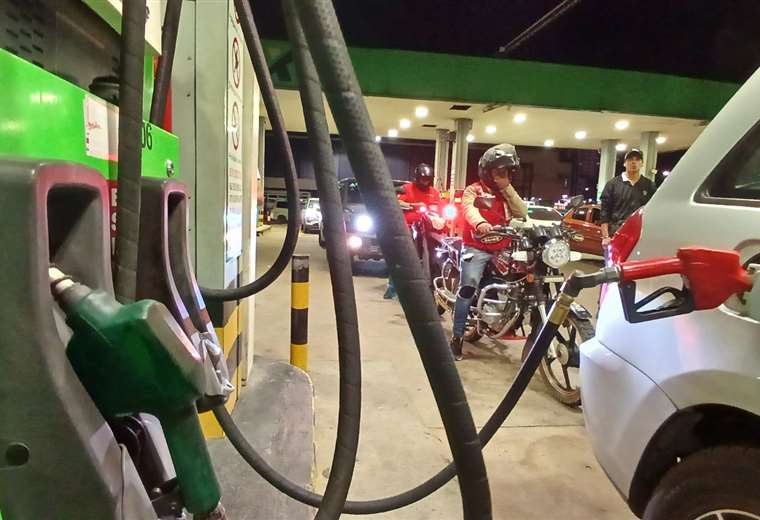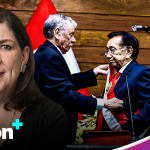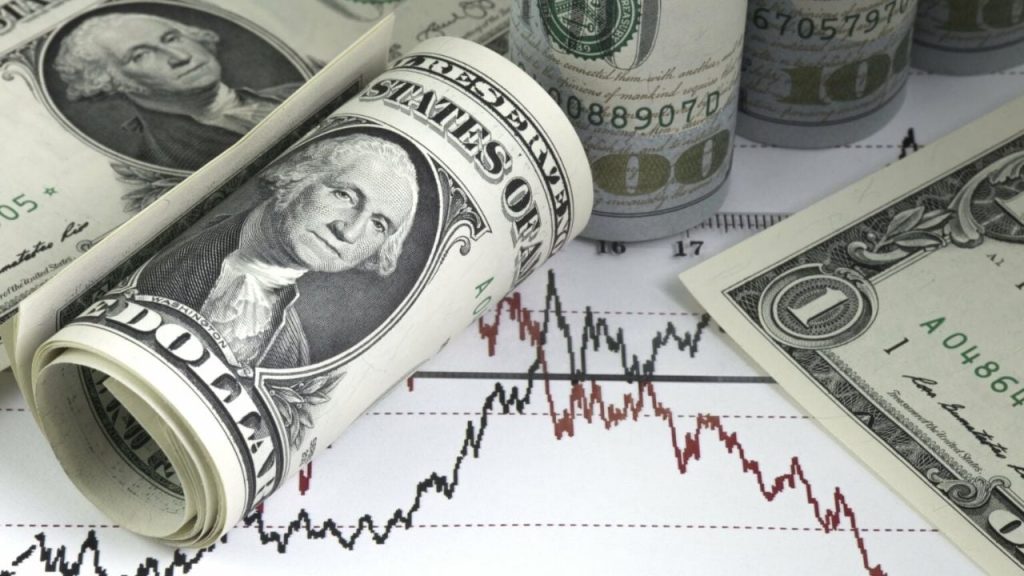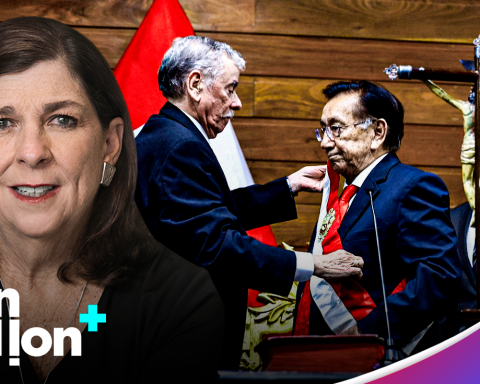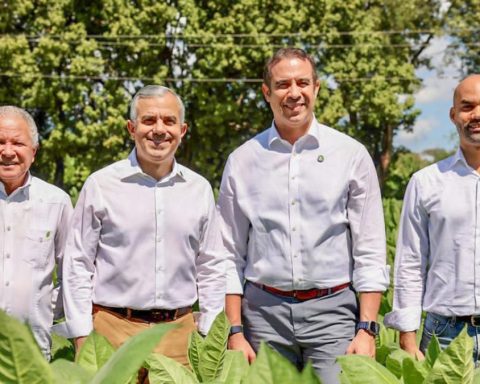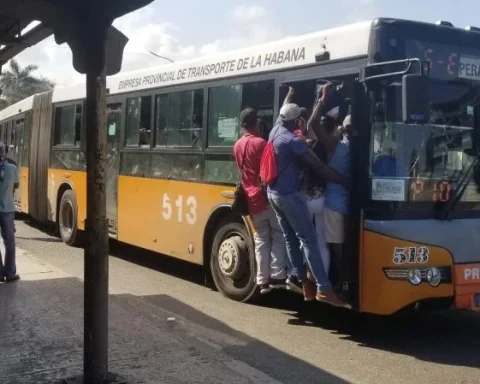September 14, 2024, 1:11 PM
September 14, 2024, 1:11 PM
The economic situation in Bolivia has caused neighbouring countries such as Peru to devote editorials to the media. The most influential newspaper in this country, El Comercio, maintains that the social unrest in Bolivia, aggravated by the fuel shortage, threatens to put the government of Luis Arce in check in the coming weeks.
This media reports that years after being a power in gas exports, Bolivia faces an energy crisis that, according to various analysts, was a “disaster waiting to happen.”
In its editorial this Saturday, El Comercio directly points to Evo Morales, who governed Bolivia between 2006 and 2019, as the main person responsible for this situation. It notes that the former head of state nationalized hydrocarbon production in 2006, imposing new conditions that included more bureaucratic procedures and allocating 50% of the gross income of the sector to the Bolivian State.
“This discouraged foreign investment in the exploration of new deposits, causing the country’s gas reserves to be depleted without new resources being found,” the Peruvian media outlet said.
In its lines, this media claims that the current president, Luis Arce, who was Minister of Economy during Morales’ mandate, also He is accused of not having corrected the deficiencies of the economic model when he had the chance.
According to the editorial, Arce has tried to distance himself from Morales’ decisions in recent days, but his participation in the economic administration of that time links him directly to the current crisis.
From abundance to deficit
During Morales’ term, gas revenues were used to finance welfare programs and to subsidize products such as fuel, which at the time had some success.
However, the lack of investment in new hydrocarbon fields led to a progressive decrease in gas reserves. To compensate for the deficit, the government used international reserves, which left the country without the dollars needed to import fuels today.
The editorial quotes Luis Carranza, former president of the CAF, who warned Morales in 2017 about the risks of his economic model. Morales, however, dismissed the warnings, saying that the system worked.
The energy crisis in Bolivia could have an effect on the entire region. Analysts such as Lian Lin of the Intelligence Unit of “The Economist” explain that Bolivia is no longer an attractive destination for investment in the hydrocarbon sector due to high bureaucracy and fears of a new nationalization, as occurred in 2006.
Furthermore, the crisis is expected to push a considerable number of Bolivians to migrate to neighbouring countries in search of better living conditions. El Comercio suggests that this situation should serve as food for thought for those in other countries, such as Peru.“who consider that Morales’ economic model was adequate.”
